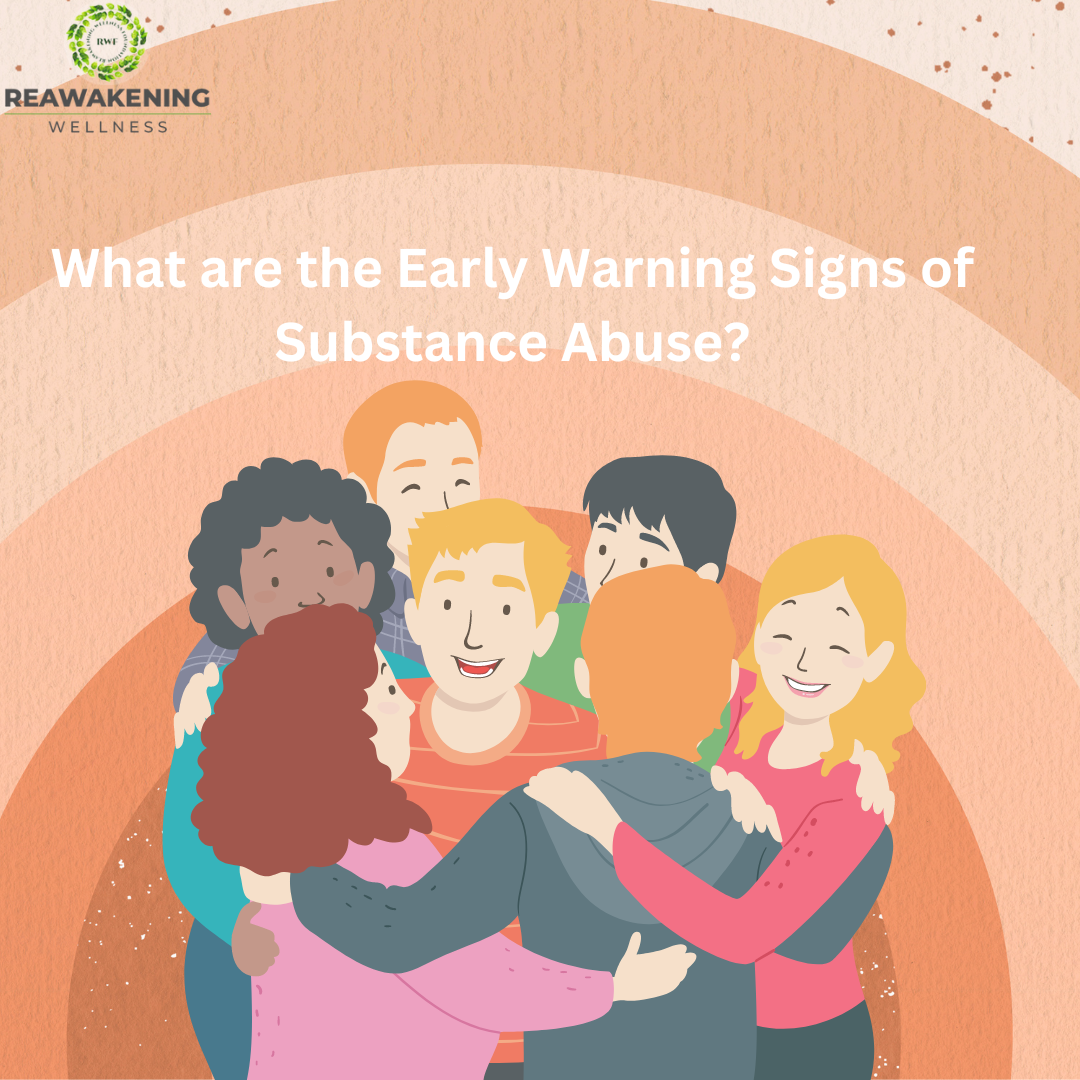
Addiction to drugs may have serious consequences for an individual’s physical, emotional, and social well-being. Identifying early warning indicators is important for prompt action and help. Consulting the Nasha Mukti Kendra In Noida will give you a better result.
Here are Early Warning Signs of Substance Abuse
Changes in Behavior: Sudden and unexplained changes in behavior can be indicative of substance abuse. This may include withdrawal from social activities, altered sleep patterns, or a decline in personal hygiene.
Mood Swings: Rapid and extreme mood swings can be an early sign of substance abuse. Individuals may exhibit heightened irritability, anxiety, or depression, which may not align with their usual temperament.
Decline in Performance: A drop in academic or professional performance may be linked to substance abuse. Frequent absences, lack of concentration, and reduced productivity are common signs.
Physical Changes: Substance abuse can manifest physically through changes in appearance. Weight loss, bloodshot eyes, tremors, and poor coordination are red flags that warrant attention.
Social Isolation: Individuals grappling with substance abuse often withdraw from friends and family. Social isolation becomes pronounced as the person may priorities substance use over relationships.
Financial Issues: The need to sustain a substance habit can lead to financial strain. Frequent requests for money without a clear purpose or a sudden depletion of savings are warning signs.
Risk-Taking Behavior: Engaging in risky activities without regard for consequences is another sign of potential substance abuse. This may include driving under the influence, unprotected sex, or involvement in illegal activities.
Denial and Defensiveness: Individuals struggling with substance abuse may become defensive or deny any wrongdoing when confronted about their behavior. This defensive stance often indicates an awareness of the problem but an unwillingness to address it.
Tolerance and Withdrawal: Developing a tolerance to a substance, requiring larger amounts for the same effect, and experiencing withdrawal symptoms when not using are classic signs of substance dependence.
Neglect of Responsibilities: Substance abuse often leads to neglect of responsibilities at home, work, or school. Prioritising substance use over obligations is a clear sign that intervention is needed.

How Best Psychological Counselling in Noida Help in Treating Substance Abuse?
Substance addiction is a widespread problem that affects people from all walks of life, with serious physical, emotional, and social effects. Rehabilitation Center In Noida helps in addressing this complicated issue that requires a varied strategy. With the help of psychological therapy emerging as an important component in the full treatment of drug misuse.
Understanding the Causes of Substance Abuse
Before getting into the medical benefits of psychological therapy, it’s important to understand the underlying causes of substance abuse. Many people use drugs as a coping method for unresolved emotional anguish, trauma, stress, or mental health problems. Individuals may explore and address the fundamental causes of their problems in a safe and supportive atmosphere, resulting in a better understanding of their issues.
Building trust and connection
The development of an honest and empathic therapeutic relationship is one of the most important features of effective psychological therapy for drug dependence. People struggling with addiction frequently face feelings of shame, remorse, and fear of being judged, which limits their readiness to talk about their problems. Skilled counsellors establish a nonjudgmental environment in which clients feel comfortable expressing their experiences, creating the trust and rapport required for effective therapy.
Managing co-occurring mental health disorders
Substance misuse is frequently associated with mental health conditions, complicating the treatment process. Psychological counselling takes a comprehensive approach, treating both substance misuse and underlying mental health concerns simultaneously. Counsellors improve the efficacy of therapies by identifying and treating co-occurring illnesses, which promotes long-term recovery and mental health.
Improving emotional regulation skills
The emphasis on improving emotional regulation skills is an important component of psychological therapy in the treatment of drug misuse. Many people use narcotics to relieve emotional distress or manage excessive emotions.
Counsellors assist clients in developing healthy coping skills for stress, anxiety, and other emotions without the use of drugs or alcohol. This skill-building process is essential for avoiding relapse and supporting long-term recovery.
Supporting addiction reduction strategies
Relapse is a typical obstacle to rehabilitation. Psychological counselling provides patients with relapse prevention measures to help them negotiate the obstacles that may occur following treatment.
Counsellors encourage clients to sustain sobriety and deal with life’s pressures without using drugs or alcohol by recognising possible triggers, establishing coping skills, and promoting resilience.
Encouraging personal growth and strength
Substance misuse human development and also lowers self-esteem. Psychological counselling is essential in assisting people to rediscover their talents, values, and goals.
Clients develop a better awareness of themselves during the therapy process, which promotes personal growth and empowerment. This heightened self-awareness serves as the basis for leading a meaningful and substance-free life.
Conclusion
Psychological therapy given by Best Counselling Psychologists In Noida plays an essential role in leading people to recovery. ‘Reawakening Wellness (RWF)’ addresses the core issues, builds trust, and provides them with survival methods. As part of a complete treatment method, it enables people to reclaim their lives, cultivating a sense of resilience and well-being that lasts well beyond the cessation of substance use.
